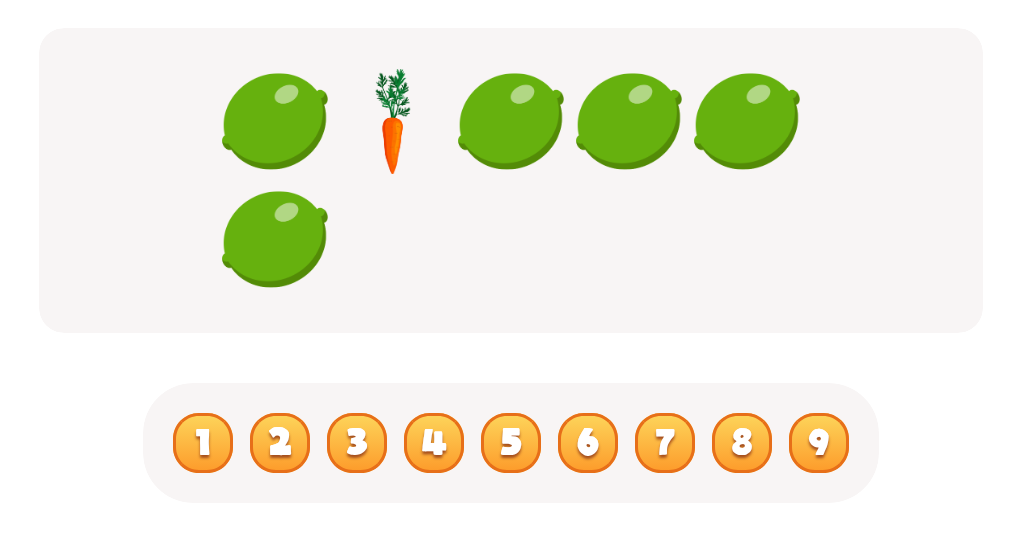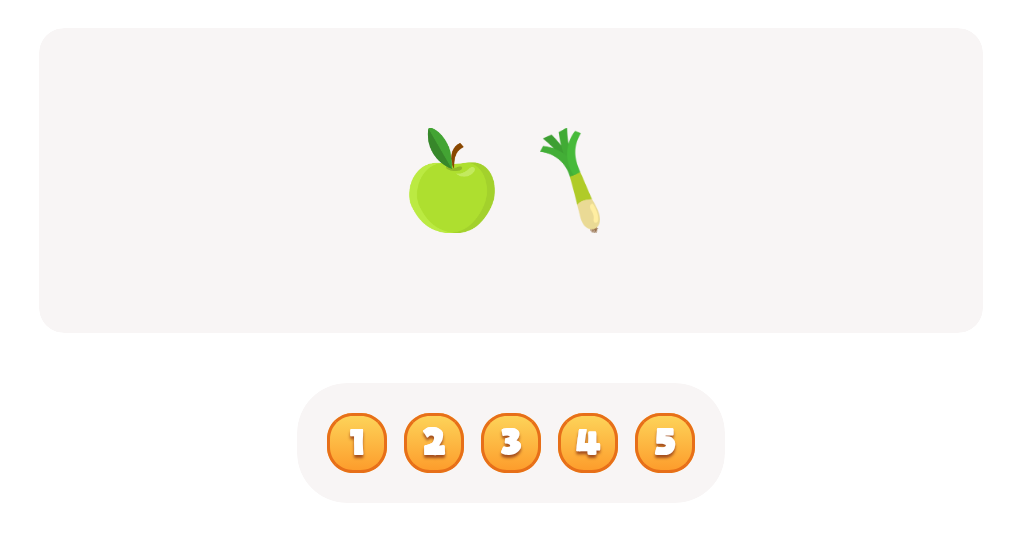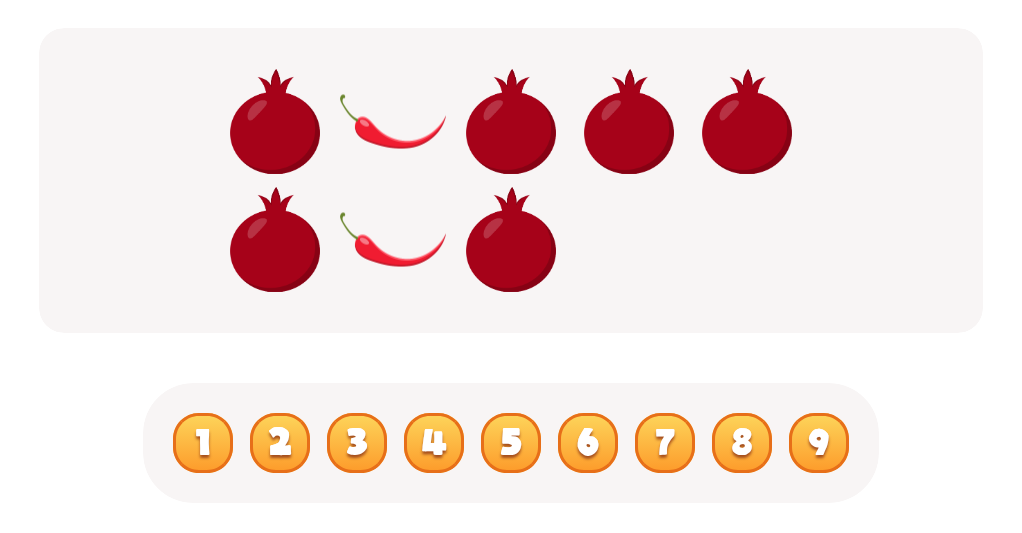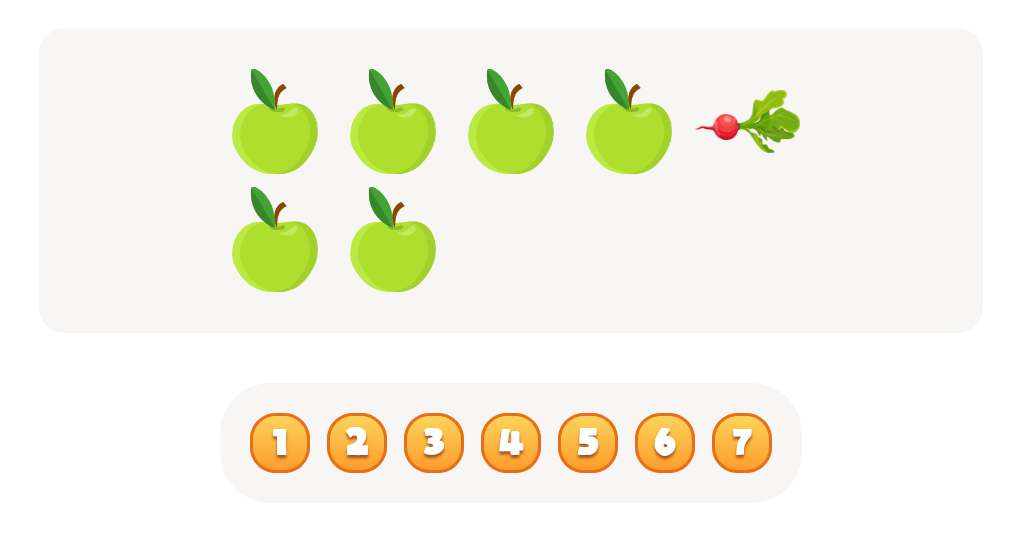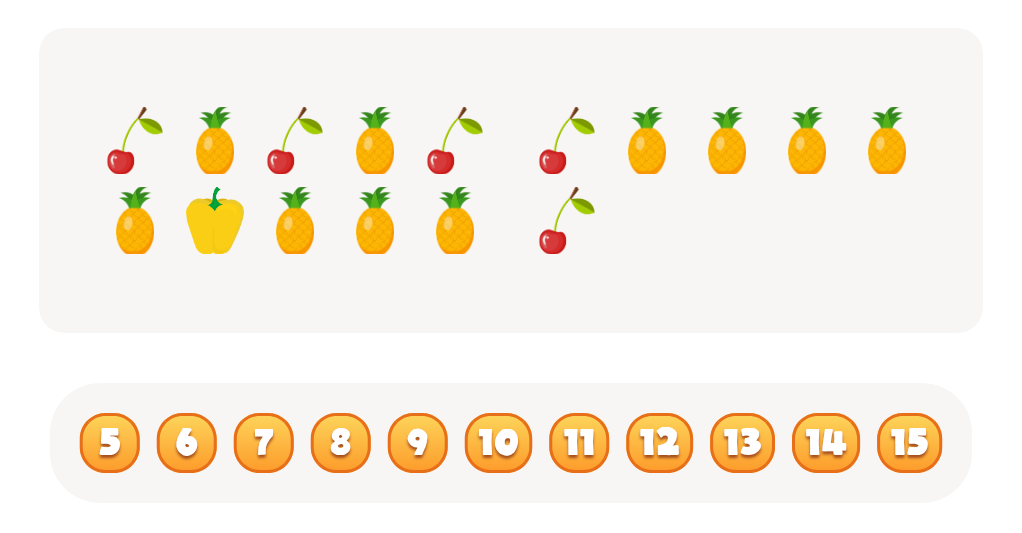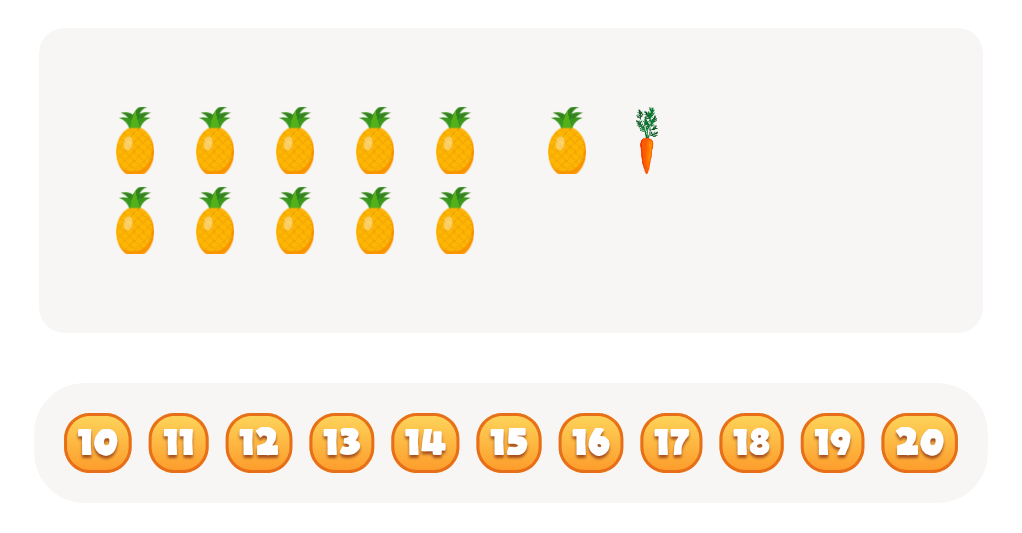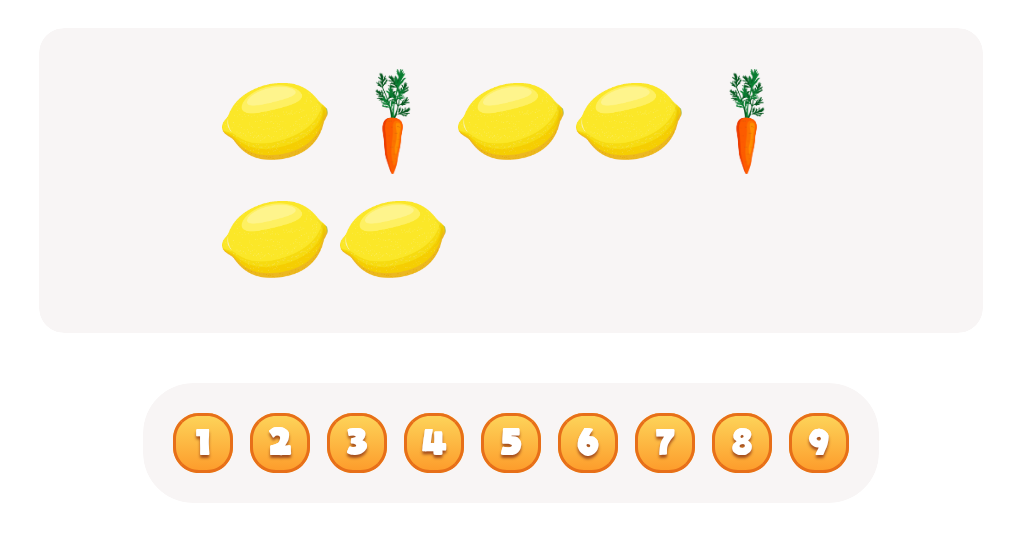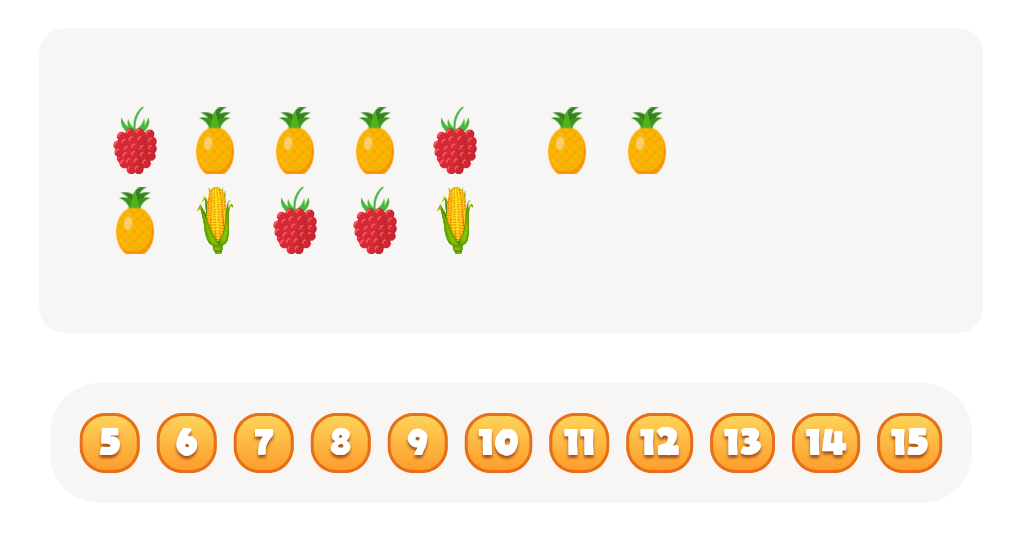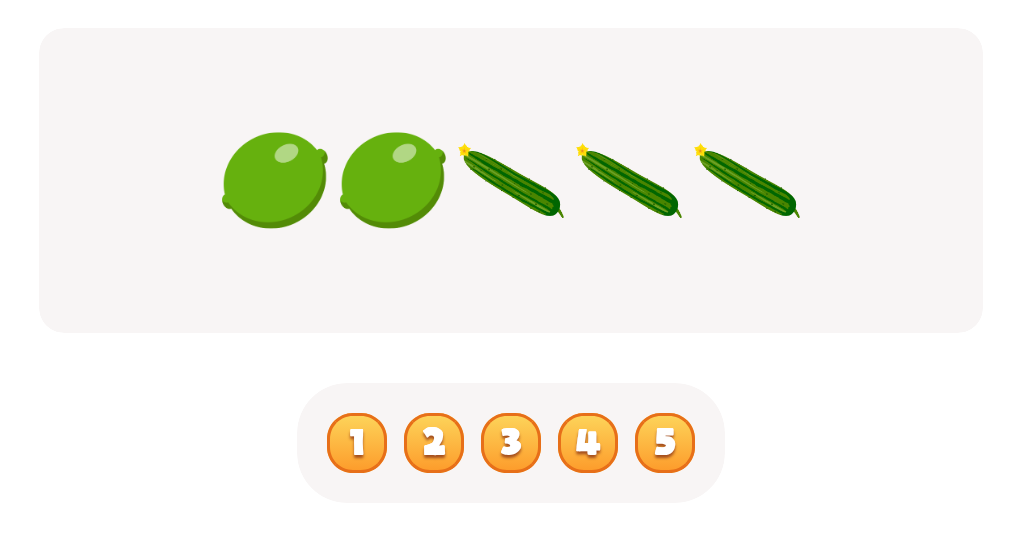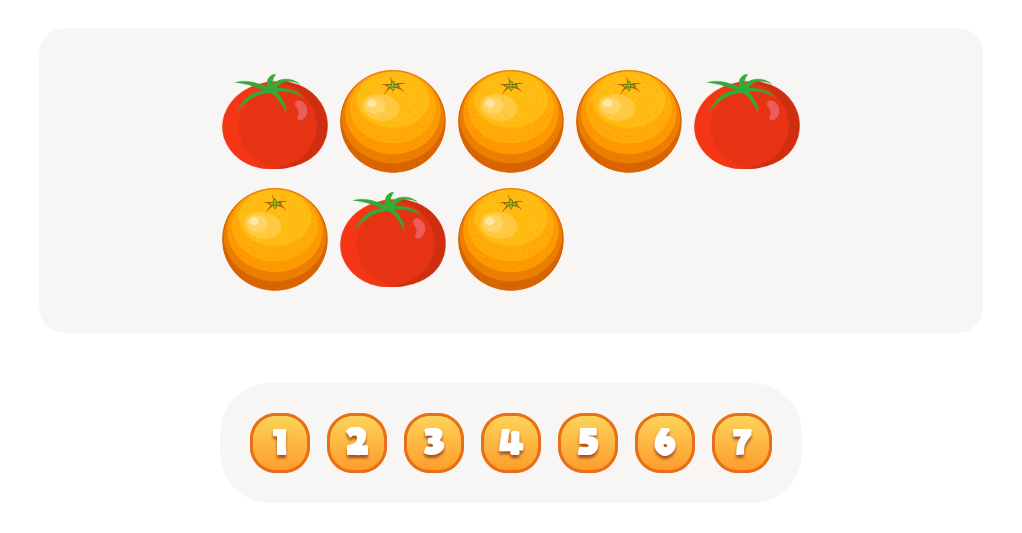Logical Reasoning Normal Plants and Animals Worksheets for Ages 3-6
4 filtered results
-
From - To
Explore our engaging Logical Reasoning Worksheets designed for young learners ages 3-6, focusing on plants and animals! These worksheets help develop critical thinking skills through fun, age-appropriate activities that encourage children to identify patterns, categorize species, and solve logical puzzles. Engaging illustrations make learning enjoyable, while interactive exercises stimulate curiosity about the natural world. Perfect for home or classroom use, our printable resources support early science education, promoting problem-solving and analytical skills in a delightful way. Foster a love for learning and enhance your child's understanding of flora and fauna with our thoughtfully crafted logical reasoning worksheets!


Sorting Animals in 3 Groups Worksheet
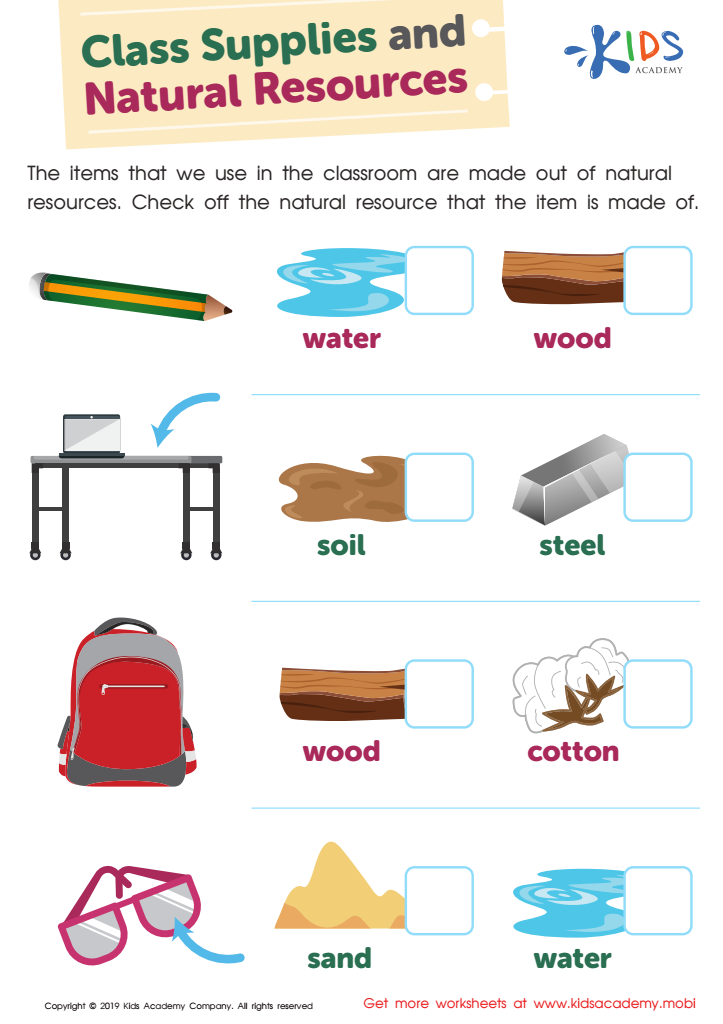

Class Supplies and Natural Resources Worksheet
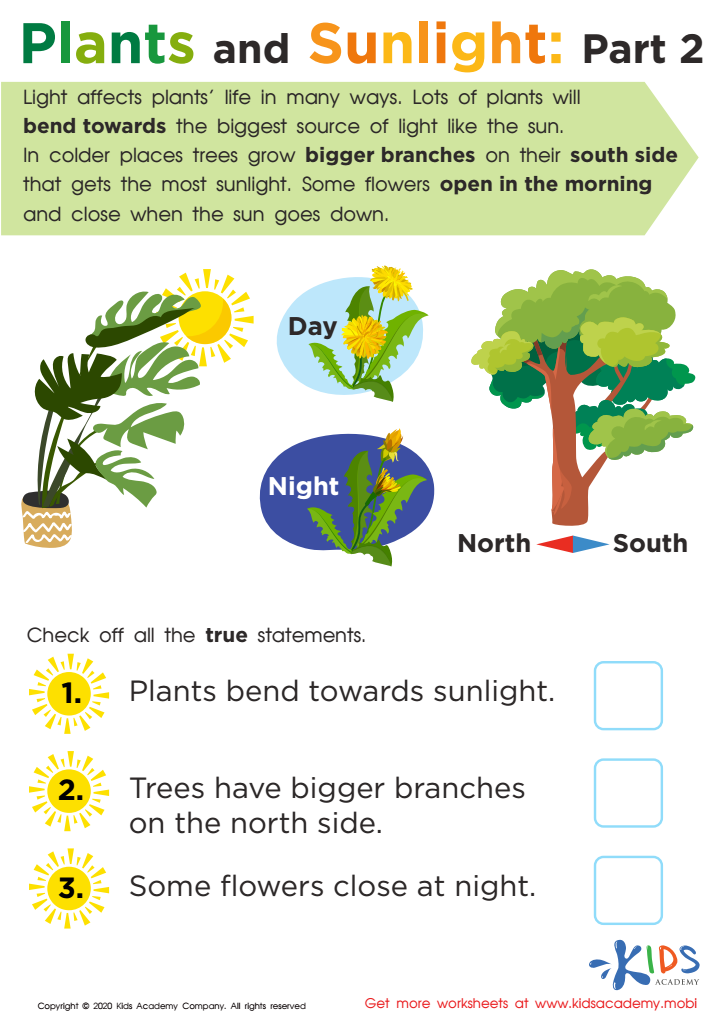

Plants and Sunlight: Part 2 Worksheet
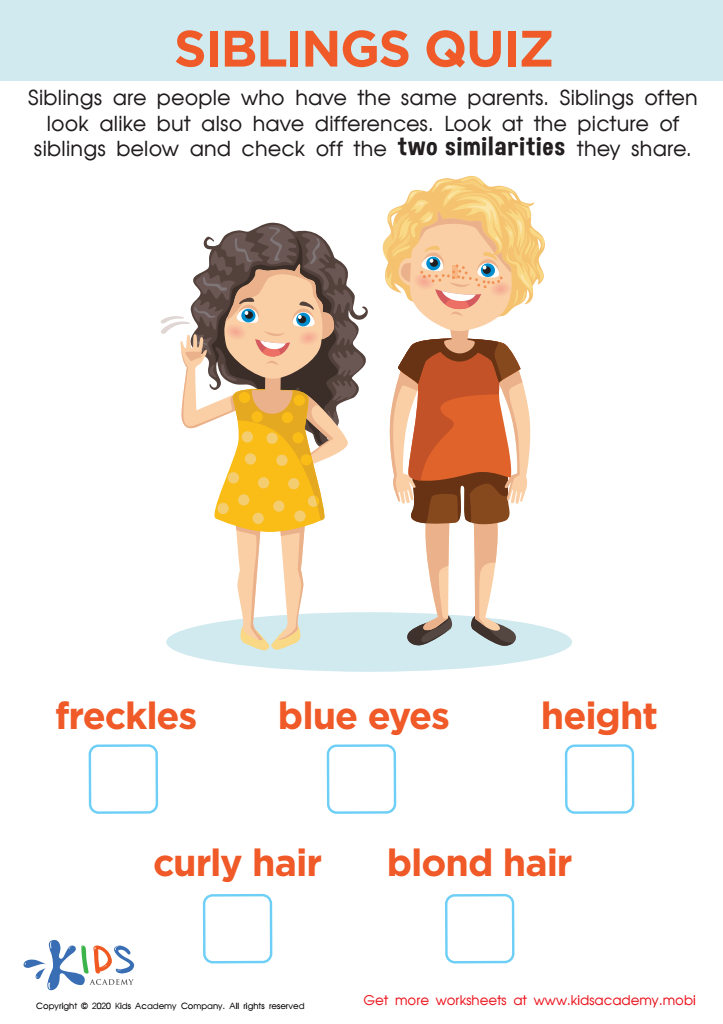

Siblings Quiz Worksheet
Parents and teachers should prioritize introducing logical reasoning concepts related to plants and animals to children ages 3-6 because these foundational skills foster critical thinking and problem-solving abilities. At this age, children are naturally curious about the world around them, and engaging them with the relationships and characteristics of living things enhances this curiosity.
Understanding how plants and animals interact, their habitats, and their lifecycle encourages systematic thinking. For instance, exploring questions like "Why do some plants grow in water whereas others need soil?" allows children to practice making predictions and drawing conclusions based on observations. This nurtures their ability to classify, compare, and connect ideas, laying the groundwork for future scientific learning.
Moreover, integrating logical reasoning into lessons about plants and animals encourages collaboration and communication among peers, promoting social skills that are essential for overall development. As children make connections and engage in discussions, they learn to articulate their thoughts, a vital part of language development.
Ultimately, fostering logical reasoning in this context helps children build a deep-seated appreciation for nature, guiding them toward becoming informed and responsible caretakers of their environment as they grow. Thus, it sets the stage for lifelong learning and engagement with the sciences.
 Assign to My Students
Assign to My Students
